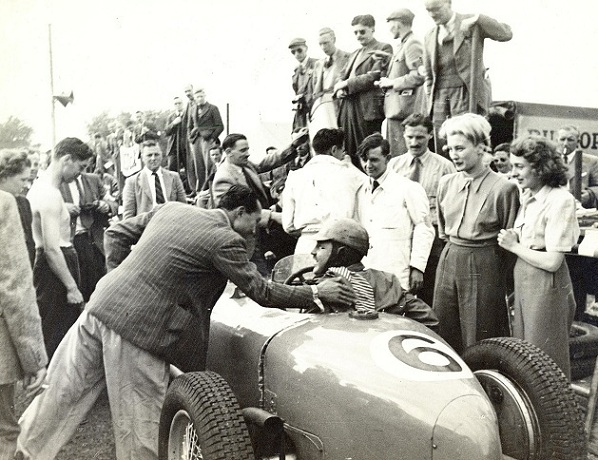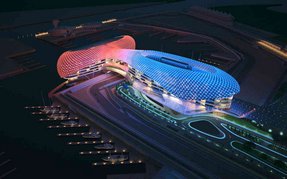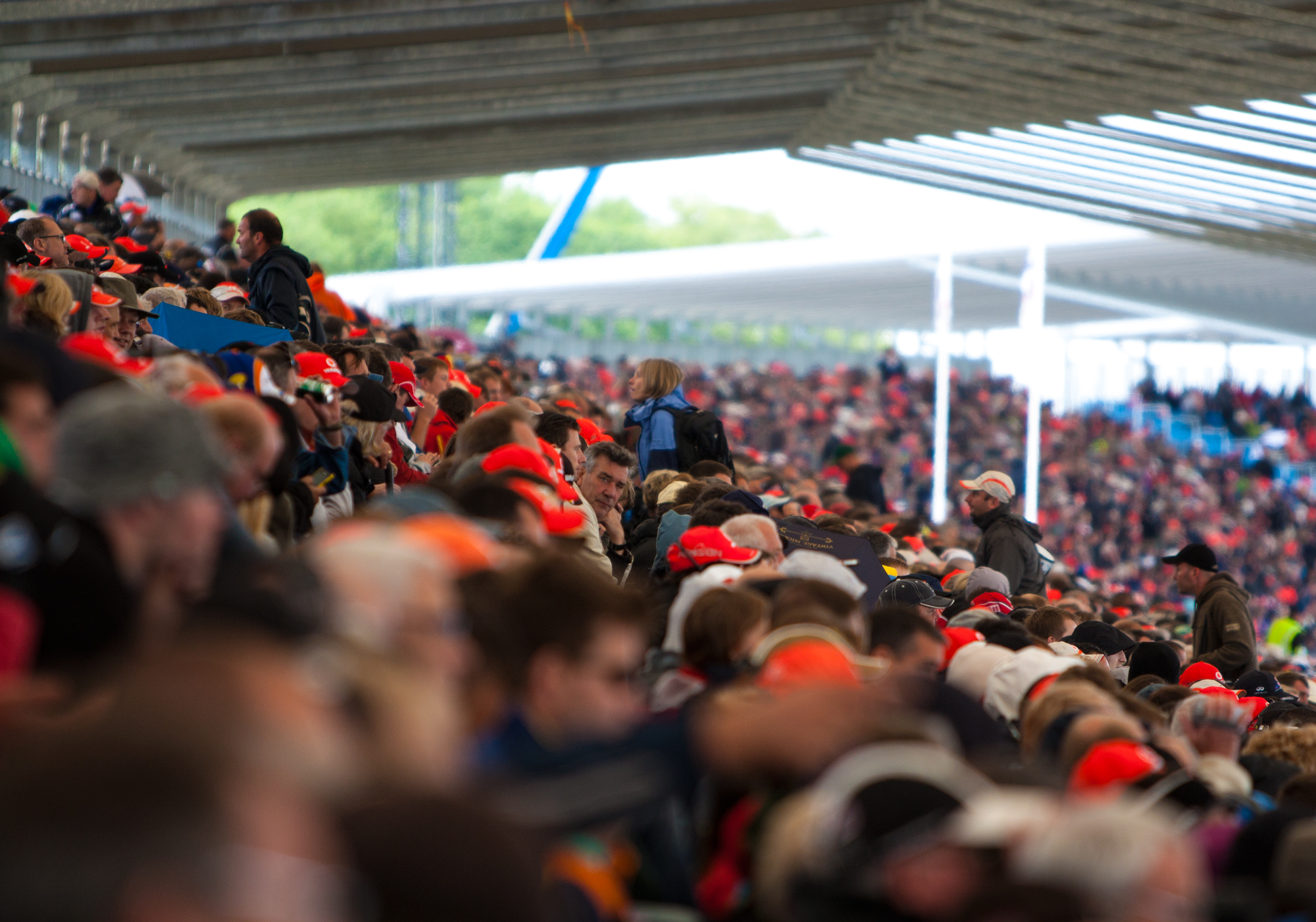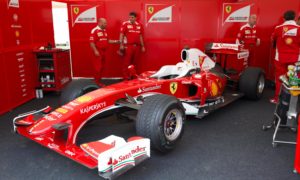Max Mosley is adamant the new Kinetic Energy Recovery Systems (KERS) which are set to be introduced into Formula One next season are safe, despite several incidents over the past few weeks.
Some have questioned the safety of KERS after two separate incidents. Red Bull Racing were forced to evacuate their factory when a fire alarm was activated after a battery experiment went wrong. A few days later a BMW-Sauber mechanic was given an electric shock during a test session after he touched one of the cars which had been fitted with a KERS device.
Despite these troubles, Mosley has downplayed the incidents and insisted KERS is an exciting new technology.
“For us there are two main areas,” he explained to Autosport. “There’s what we call the health and safety area, which is in the factory and basic precautions of the car, and then there’s the operating it – does it cause a danger to the drivers, the marshals, the mechanics and so on? And we’re interested in the operating it bit.”
“What happened with BMW was, on the face of it, very surprising because you would think they would either insulate the electrical system or they would earth the car. I don’t know what went wrong, so I can’t comment on it but these are very elementary problems.”
“With road cars I think a Toyota Lexus has a 600-volt system, but you don’t get a shock from it.”
“I haven’t seen a report [on the Red Bull incident], but what I suspect happened was they pushing the boundaries of the units to see what happened. Anyone who has ever been childish enough to operate a model plane that runs with lithium iron batteries will know that if you overcharge them you get better performance, but they also get very hot and start to bulge, and they’re only small, so you have to be careful.”
Some have suggested that teams are deliberately scaremongering to stop the introduction of the technology into F1, but Mosley does not believe this to be the case of BMW, who have always been very positive about the KERS devices.
“There is opposition to it, but BMW have always been very enthusiastic,” Mosley continued. “They put out a very positive press release saying it had directly fed into the road cars.”
“To me, the crucial thing about KERS is that its inconceivable that in 50 years time, when you put the brakes on in your car, the energy will just burn off in heat. That won’t happen.”
“But the first thing we need is a system that’s capable of absorbing all the energy when you put the brakes on. The next generation of Formula 1 cars will be like that. They’ll probably be able to absorb, we’re talking 300 kilowatts, and giving out 200 kilowatts. That’s a two-tonne car braking at 1G. F1 will make that very small and very light, and the things that will fit in next year, in ten year’s time, will look very primitive. But that’s Formula One.”
“We’ve seen it so often in areas, and those devices will be crucial for the roads because if a KERS system is really light and can absorb all the energy, with super capacitors or flywheels, whatever its going to be, that’s really for the road, and if we advance it by several years, then that’s extremely useful and that alone can justify Formula One, because it will make such a huge contribution to the motor industry.”
“If you imagine you could have a super-efficient KERS system, five to 10 years sooner than you would otherwise get it, then multiply it by the number of cars in the world, then Formula One (costs) will be a drop in the ocean.”








